Introduction
If you know what the cloud is, chances are you might have heard about hybrid clouds for business. There are three distinct types of cloud solutions available for business, each with varying strengths and benefits, depending on your business needs. These include public, private and hybrid clouds. This article will focus on the hybrid cloud solution and how it can work for your business.
A hybrid system is cloud-based and combines both public and private clouds to give you the advantages of both in one solution. By using hybrid cloud, businesses can host sensitive data on their private onsite network, while other resources can be stored and operated on an external public cloud network.
Hybrid cloud works best for businesses that need flexible options and the capabilities of both public and private cloud services, all in one cost-effective solution.
Why is hybrid cloud important?
Hybrid cloud services allow your business greater control over your private data and gives you the ability to manage and move workloads* between cloud solutions as your needs fluctuate.
The ability to leverage the benefits of both public and private cloud solutions allows your business to achieve your objectives more efficiently and more cost-effectively than simply using a public or private cloud alone.
Using a hybrid cloud solution gives your business better flexibility, greater security and more options for expansion as you grow.
*A system’s ability to exchange and process data.
Are hybrid clouds secure?
All business owners want to know their data and network is secure and stable, not just for their day-to-day operations but also for the long-term storage of their information.
Traditional IT systems often don’t have the same defences that cloud computing systems have. Cloud-based computing systems are continuously backed up and encrypted to minimise security threats, whereas a traditional system may not offer the same peace of mind.
A hybrid cloud system offers better security than traditional alternatives, so you won’t have to worry about your data’s security anymore.
Hybrid cloud architecture
Hybrid cloud architecture is a combination of public and private cloud-based systems working together in union. It involves a variety of working components such as computing, storage, and cloud services to create a single IT infrastructure.
A hybrid cloud architecture comprises three key components:
- A public cloud platform
- A private cloud platform or premises like an on-site data centre
- A sufficient network connection between both platforms
Hybrid architecture is efficient because it gives businesses better flexibility and more data management/storage options as their business needs and requirements change.
Azure hybrid cloud provider
Microsoft Azure is one of the many public cloud service providers available, similar to Amazon Web Services (AWS) and Google Cloud. Azure is one of the most popular and biggest hybrid cloud providers in the industry, with more than 200 services in 18 different categories. Azure has the highest number of data centres around the world for any cloud platform.
Azure provides extensive hybrid cloud management functions that make it easier for businesses to connect their private cloud to Azure’s public cloud. You can seamlessly manage and store your data, while accessing resources provided by Microsoft, including networking and development tools, service management and service hosting.
Hybrid cloud examples and applications for business
Hybrid cloud can benefit your business in several ways. Here are some examples of why you might choose to start using hybrid cloud for your organisation.
- Use a public cloud for workloads that change frequently and secure sensitive information like critical financial or customer data on your private cloud
- Transition your workload to public and private clouds at your own pace as your business needs change
- Reduce costs by using public cloud resources for your data storage, eliminating the need to invest in expensive IT equipment
- Meet your data regulatory requirements more easily by ensuring sensitive data is secured appropriately
- Avoid updating IT equipment as newer technology arises
- Reduce the need for inhouse IT support
Is hybrid cloud right for you?
No two businesses are exactly the same nor do they stay the same. Every business aims to accomplish different goals so the tools and services you employ to help you achieve your objectives should take into account your ongoing needs as your business grows.
A hybrid cloud could be right for your businesses if you:
- Have constantly changing data requirements
- Deal with confidential information
- Need a combination of both public and private cloud services
- Want the flexibility to move different data between platforms
- Need a simpler data management solution
It is important to consider all these factors against your business needs and potential growth when deciding if a hybrid cloud solution is right for you.
Conclusion
Hybrid cloud is more than just a business solution, it’s an integral part of ensuring your business operates effectively to deliver your business objectives and secure your future.
At the end of the day any business could benefit from a hybrid cloud system. Your decision to use a hybrid cloud depends on your current needs and where you plan to be in the future. Making the right decision now could help you maximise your efficiency, increase your security and save money.
If you think a hybrid cloud solution is the right choice for you, get in touch with the experts at Domain Digital who can help you get started.
Learn more about our Cloud Solutions

